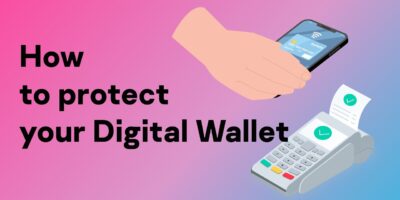Phishing remains one of the leading vehicles of identify theft. According to a report by Wombat Security, more than three-quarters of U.S. businesses were targeted with phishing scams in 2016. When a hacker gains access to a business’s database through phishing, he or she may steal customers’ personal information, paving the way for identity theft. But even consumers are susceptible to phishing scams, with millions of Americans being targeted each year. So, what steps can you take to protect against phishing scams?
#1) Update Web Browser
Make sure your web browser is up to date. All leading web browsers — Chrome, Firefox, Internet Explorer, Edge, Opera and Safari — have native safeguards to protect users from phishing attacks. However, outdated versions typically contain more vulnerabilities, thus lowering their level of protection.
#2) Use Caution When Opening Emails
Most phishing attacks involve the delivery of an email with a malicious file attachment or link. When the user clicks the link or downloads the file, it deploys malware on his or her computer. You can still use email as a method of communication, but you should verify the sender’s identity before downloading file attachments or clicking links. If the sender has a suspicious address that doesn’t coincide with the organization he or she is representing, delete it.
#3) Antivirus Software
There’s no substitution for antivirus software when protecting yourself from phishing attacks. Because most hackers use malware in conjunction with phishing scams, this cybersecurity software can reduce your risk of an attack and mitigate the damage if an attack occurs.
#4) Firewall
In addition to antivirus software, use a firewall to strengthen your online security and protect against phishing attacks. Firewalls are designed to monitor and control traffic on your network. HowStuffWorks explains that firewalls use several methods to perform these operations, some of which include packet filtering, stateful packet inspection and proxy service.
#5) Use Caution When Submitting Personal Information
Perhaps the most important tip to protect against phishing scams is to use caution when submitting your personal information over the internet. Whether you are signing up for an account on a website, completing a survey or just updating your social media status, any personal information you submit may be accessed by nefarious individuals. Only submit personal or otherwise sensitive information to reputable, trustworthy websites.
Don’t let identity theft destroy your credit and reputation. Follow these five tips to protect against phishing scams and preserve your identity.









